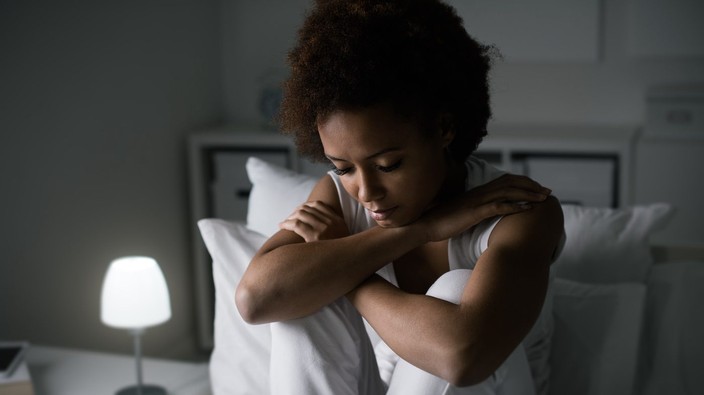the surveys, which inquired about sexual activity over the past month, were completed a year and a half after patients were diagnosed. questions covered eight topics and included satisfaction with sex life, interest in sexual activity, discomfort and pain when engaging in sexual activity and ability to orgasm. the group also answered questions about body image and emotional distress and results were compared to 493 women (aged 19 to 40) who did not have a cancer diagnosis.
researchers discovered that the majority of women, with and without cancer (83 and 87 per cent, respectively), had sex over the previous 30 days, either with a partner or by themselves. two out of three cancer patients complained about at least one sexual issue, such as vulvar discomfort. this group was also more likely to report issues related to any type of sexual activity.
older women and those fighting breast or gynecological cancer were most likely to experience intimacy issues, as were those undergoing intense radiotherapy or chemotherapy. emotional distress and a distorted body image of their bodies following treatment were associated with greater dysfunction.
vaginal dryness (or pain) and feeling unattractive were the most commonly cited issues interfering with sexual activity — factors likely related to treatment that researchers believe can be improved by a renewed focus on the sexual wellbeing of patients.
